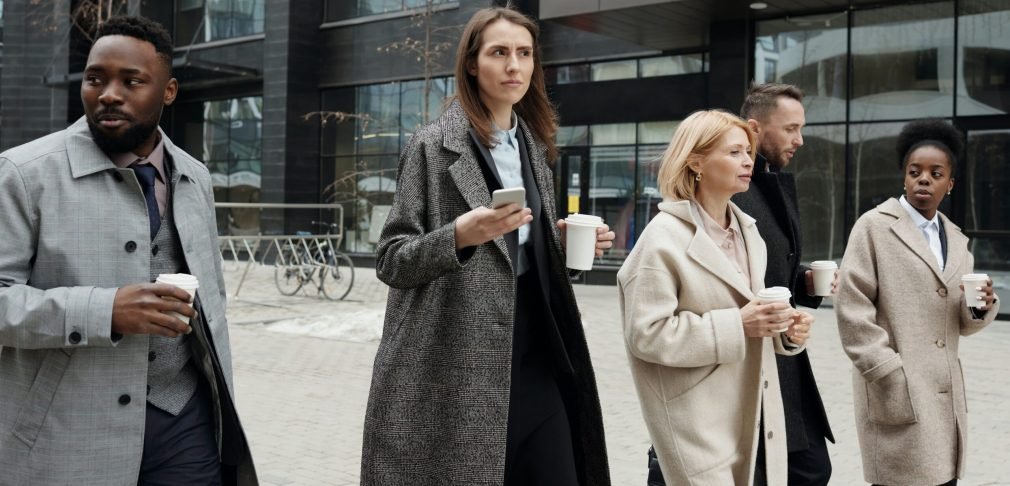As the saying goes, “you never get a second chance to make a first impression.” This is especially true when it comes to lawyers who, like it or not, are judged by their appearance and how they dress when they enter a courtroom. In an industry where image is everything, lawyers must be aware of the importance of appearance and how it can affect their success.
First Impressions Count
When it comes to first impressions, your appearance is key. People tend to make snap judgments based on what they see, and when it comes to legal professionals, those judgments can make or break a case. How you present yourself should always be professional and polished to fit within certain courtesies of the profession. Remember, you represent yourself and your client, so looking smart is essential for instilling confidence in the people around you.
Confidence Boosting Benefits
In addition to creating a good impression on others and building trust, dressing professionally can boost your confidence. It gives you that extra assurance to perform your best in court. When you look good—and feel good—you can think more clearly and focus better on your case. Plus, looking polished and professional in court gives you a sense of pride in yourself and what you do for a living.
Recommendation: 7 Ways for Lawyers to Measure Client Satisfaction
Overall Professionalism
Appearance isn’t just crucial for lawyers; it’s vital for any professional setting. Whether you’re meeting with clients or appearing in court as an attorney or witness, looking professional shows respect for yourself and those around you. It also conveys competence and professionalism – two essential qualities of any successful lawyer. Your appearance can influence how people view and interact with you, so make sure yours exudes confidence.
Dressing For Courtroom Success
The most important thing to remember when preparing for court is that there is no such thing as being “overdressed” when it comes to courtroom attire. Although specific rules vary by jurisdiction, most courts require attorneys (and other professionals) to appear in professional business attire such as suits, blazers, trousers/skirts paired with dress shirts/blouses, and closed-toe shoes (no sandals). The goal is to look polished and professional while still expressing yourself; you want your clothing choices to show judges and juries that you mean business.
Be Mindful of Your Grooming Habits
In addition to dressing well, paying attention to your grooming habits is essential; after all, nobody wants to appear sloppy during a meeting with their client or while arguing in court. Ensure that your hair is neatly combed and any facial hair (where applicable) is trimmed and cared for regularly; nails should also be neat and clean. These small details may seem insignificant, but they can play a significant role in making a good impression on whomever you interact with professionally.
Recommendation: How Law Firms Can Improve Their Value Chain Through Forward Integration
It’s Not Just About Clothes
Appearance is not just about clothes; it’s also about body language and demeanor. Making eye contact during conversations conveys respect for those around you; sitting up straight shows confidence; crossing your arms communicates openness; speaking demonstrates authority; listening closely reflects attentiveness; smiling warmly radiates warmth; shaking hands firmly implies trustworthiness; presenting ideas confidently builds credibility; being prepared instills assurance…the list goes on. All these things contribute to how others perceive you – inside and outside the courtroom – so being aware of your behavior while interacting with clients or colleagues pays off.
Conclusion
Your appearance speaks volumes about who you are and can influence how people think of you as an attorney before any words emerge. The importance of presenting yourself professionally cannot be overstated; clients hire lawyers based on trustworthiness and reliability—qualities often associated with a crisp suit rather than sweatpants!











